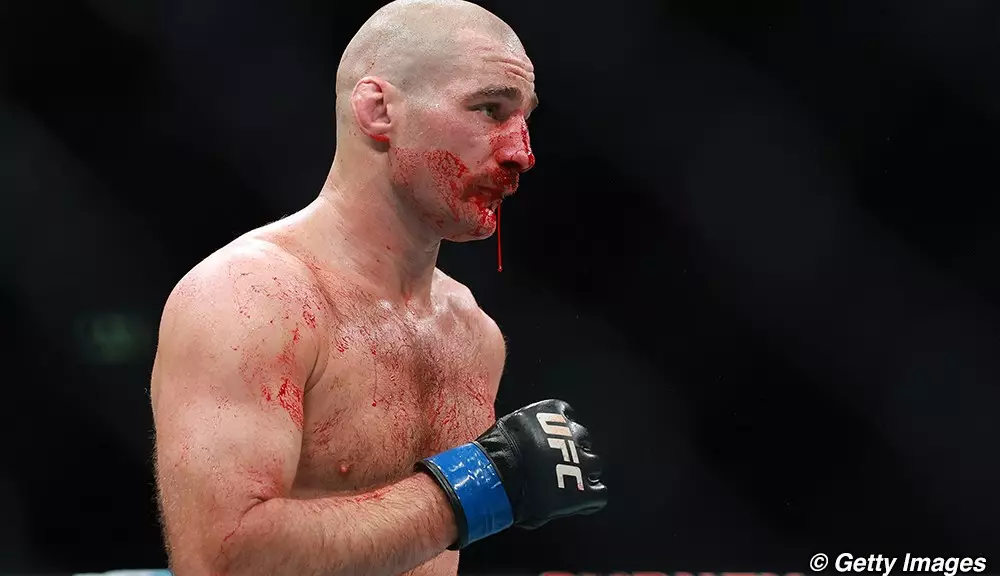In the dynamic world of mixed martial arts, opinions are as varied as the fighters themselves. Recently, T.J. Dillashaw voiced strong confidence in Luke Rockhold’s ability to take down Sean Strickland, particularly after witnessing Strickland’s lackluster performance against Dricus Du Plessis at UFC 312. Dillashaw, a former bantamweight champion, is not one to mince words, and in this case, he effectively underscored the discrepancies in Strickland’s fighting style that could give Rockhold an edge. His critique of Strickland’s performance reveals a deeper analysis of fight strategy that resonates with both fighters and fans alike.
During UFC 312, held at the Qudos Bank Arena in Sydney, Strickland faced a disappointing unanimous decision loss to Du Plessis, a result that could significantly impact his standings in the middleweight division. Dillashaw didn’t shy away from highlighting Strickland’s shortcomings during the match. He pointed out what he perceived as a lack of aggression and creativity in Strickland’s striking. “Sean, for whatever reason, was like gun shy,” Dillashaw remarked, suggesting that Strickland was not utilizing his full capabilities. This reflection on Strickland’s performance suggests that the fighter might have plateaued, thereby raising the question of whether he can adapt and grow against formidable opponents like Rockhold.
The contention between Rockhold and Strickland is not new. Rockhold has frequently expressed his desire to face Strickland, levelling sharp criticisms against him after UFC 312. His accusation that Strickland “quit” during the fight shows a deep-seated frustration that transcends mere competition. This rivalry is characterized by a blend of personal animosity and competitive spirit, creating a narrative that fans find increasingly engaging. Even with Rockhold’s departure from the UFC, his willingness to engage in this verbal sparring is significant; it keeps him relevant in discussions about fights that may never materialize.
The Unlikely Matchup
Though it seems improbable that Rockhold and Strickland will meet in the octagon, the mere contemplation of such a match sparks intrigue. Rockhold, who is set to compete against Chris Weidman again, brings a legacy of having once held the middleweight championship. In contrast, Strickland, despite recent setbacks, remains a player in the division. Dillashaw’s endorsement of Rockhold’s chances should not be discounted, as it encapsulates the ever-evolving nature of MMA, where perception often shifts with the simplest of performances.
As Rockhold gears up for his return against Weidman under the GFL banner, the MMA community will be watching closely. The mixed reactions to Strickland’s recent bout suggest that anyone can shift gears, but adaptability and tenacity are key. The rivalry between Rockhold and Strickland serves as a compelling subplot within the larger framework of the UFC, illustrating how fighters’ relationships can shape their narratives and impact their trajectories. Dillashaw’s comments not only spotlight a potential matchup but also serve as a reminder of the unpredictability that defines the world of mixed martial arts. In the end, the canvas is ever-changing, and markets are always open for thrilling storylines—if only the fighters can navigate their paths successfully.

